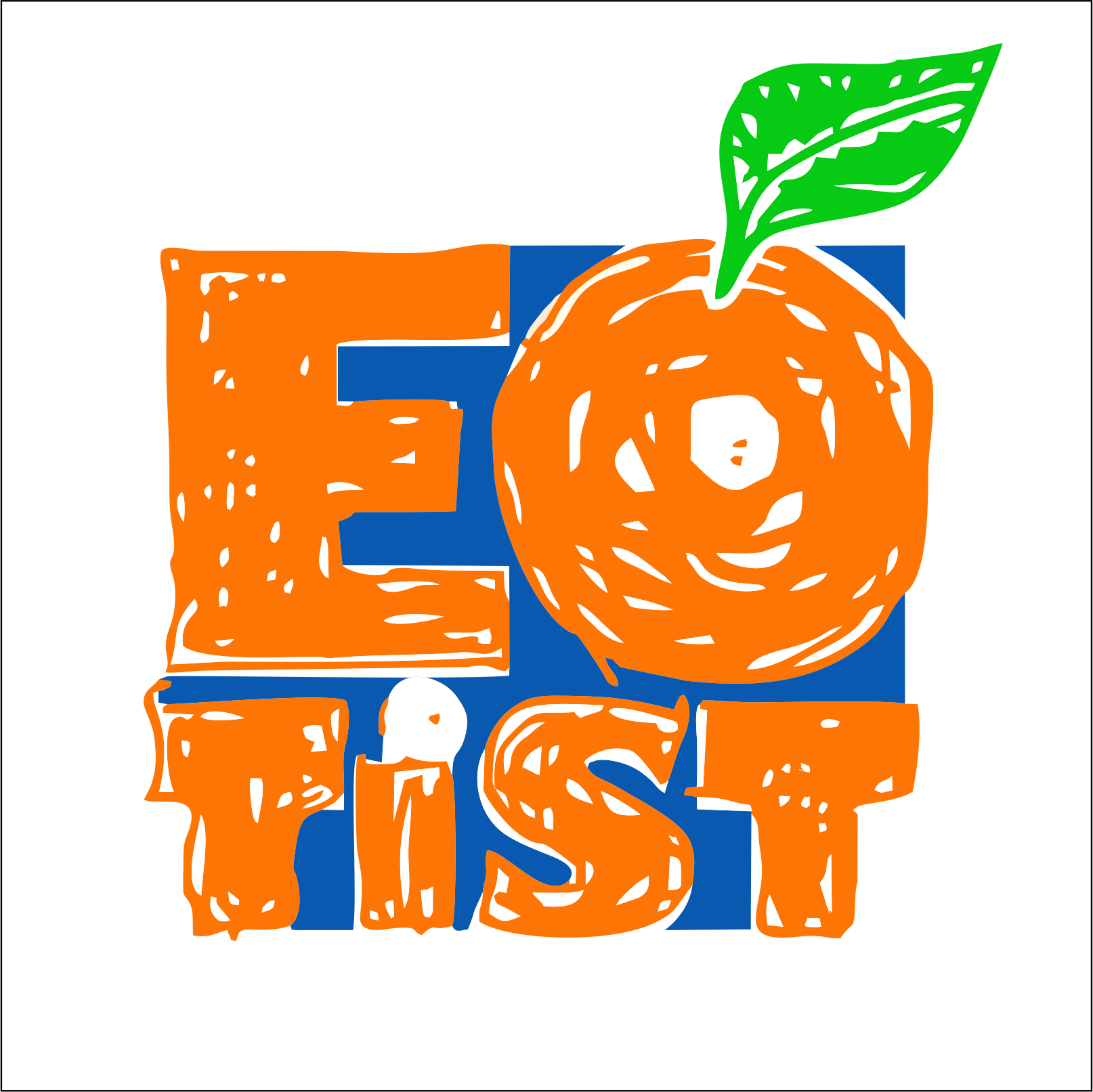Overview
The concept of ecosystem services is derived from economic sciences and is related to the concept of natural capital. Ecosystem services (ES) are understood as benefits obtained by humans from the environment, There are 3 main groups of ES: supply services (food, energy), regulatory services (CO2 sequestration, soil protection against erosion, soil purification) and cultural services (tourism and recreation, education, aesthetic impressions). Monitoring of ecosystem services using terrestrial methods is very expensive or sometimes even impossible, especially if we want to cover entire regions or the world. Thanks to satellite data, we can provide new information about ecosystems in a continuous manner, both in space and time, determine the dynamics of changes taking place in ES delivery and create forecast models for the development of a given area. This is of particular importance in the sustainable management of resources.
Motivations
The consortium synthesized EOTiST to satisfy development needs of the EU research human resources to a higher global competitive level through:
- its contribution to the Polish Research & Development activity as a Member State – Country related Twinning motivation.
- the improvement of the scientific excellence and Science & Technology (S&T) capacity of the coordinating organization – Space Research Centre of the Polish Academy of Sciences motivation
- the promotion of a cost-effective alternative for ecosystem services assessment in large areas by exploiting the potential of freely available EO data and services (e.g. Copernicus) and advanced remote sensing and ICT technologies – Domain specific motivation.
- knowledge transfer, technology exchange, cooperation bonds’ establishment, brainstorming about common contemporary scientific and societal challenges, and the development of new approaches – Partners’ Twinning motivation.
- helping to achieve Sustainable Development Goals (SDG), tackling climate change, boosting the Union’s competitiveness and growth – Society related Twinning motivation.
Objectives
SWOT analysis allowed defining specific objectives to be reached:
O1. Enhance S&T capacity of the coordinating institution;
O2. Upgrade research profile of the coordinating institution and the profile of its staff by training and mobilizing of personnel;
O3. Increase research excellence and stimulate innovation of the coordinating institution;
O4. Achieve sustainable progress and future development for the today’s seed group in CBK PAN;
O5. Promote the involvement of early stage researchers in the CBK PAN;
O6. Develop joint research initiatives and projects;
O7. Improve proposal preparation and management/administration skills in the CBK PAN.
Methodology
EOTiST’s activities are deployed around a Capacity Building, Dissemination and Exploitation interweaved scheme, to formulate a self-sustainable development environment, kind of public-to-private and research-to-industry ranging community of practice, for CBK PAN’s research and services for the society. Activities are mainly directed inland; however, these are driven by recent and on-going international developments striving towards satisfying global standards of competition. Hence, remaining extraverted, while raising inland capacity. Development of human resources competency in the research fields of EOTiST by exploiting existing potential and training activities will be performed through the following activities:
Impact
Main impact of EOTiST is the improved S&T capacity of the coupled institutions and especially that of CBK PAN in the EO sector and its application in ecosystem monitoring. Following to this, many other impacts of the project, both short- and long-term are expected to be achieved, including:
- for consortium partners:
- increased research excellence of the coordinating institution in the particular field of research as a result of the twinning exercise.
- enhancing the reputation, attractiveness and networking channels of the coordinating institution.
- improved capability to compete successfully for national, EU and internationally competitive research funding.
- for environment: Increased awareness on ecosystem services in the society
- for society: increased well-being of society
